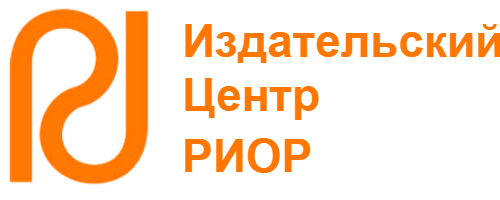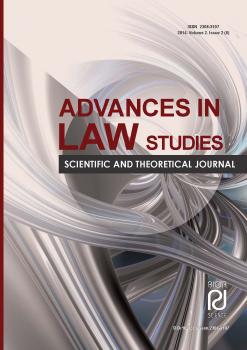Vysshaya shkola ekonomiki (Sankt-Peterburg) (Kafedra grazhdanskogo prava i processa, Professor)
Sankt-Peterburg, St. Petersburg, Russian Federation
In this article the authors analyze the concept of unjust enrichment and certain limitation period issues about commencement of the limitation period in such a case. Based on it, the practical application of the conclusions is demonstrated.
исковая давность, начало течения исковой давности, неосновательное обогащение.
Formulating the issue
Russian civil law does not contain specific rules about the beginning of the limitation period for the unjust enrichment claims. Therefore, the conclusion is that the general rule should be applied. According to it the limitation period starts from the day when the injured person knew or should have known about its rights violation and about the figure of violator (hereinafter — «violation») (para. 1 of Art. 200 of the Civil Code of Russian Federation) (hereinafter — CC RF). It is assumed that the injured person knew or should have known about the certain violation at the time of the violation. Exceptions to this procedure for determining the starting point of the limitation period should only be prescribed by legislative acts.
However, analysis of the unjust enrichment obligation’ features allows us to conclude that the specific relationship of unjust enrichment still has an impact on the procedure for calculating the commencement of limitation period, which is not always taken into account by applicants. That’s generates disputable situations.
1. Resolution of the Federal Arbitration court (hereinafter - FAC) of the North Caucasus region dated 28.12.2009 № A32-
2. 7122/2009, upheld by the decision of Presidium of the HAC RF dated 12.10.2010 № 5243/10; decision of the FAC of the Moscow District dated 26.03.2012 № A40-88369/11-89-588).
3. See: Comments to the Civil Code of the Russian Federation. Part One: Training and Practical Commentary (itemized) / Edited by A.P. Sergeev. Moscow, 2010. P. 481 (the author of the commentary to art. 181 of the Civil Code of the Russian Federation - A.P. Sergeev).
4. D. Novak. Unjust enrichment in the civil law. Moscow, 2010 (Section 2, Chapter 4).
5. Belov V.A. Civil Law: General and Special Parts. Moscow, 2003. P. 911.
6. Tuktarov Y.E. The requirement to return obtained under an invalid transaction. void in civil law: issues, trends, practice: Collected papers / Min. Ed. M.A. Rozhkov. Moscow, 2006. P. 164.
7. Rabinovich N.V. Invalidity of transactions and its consequences. Leningrad, 1960. P. 116-117.
8. Gutnikov O.V. Invalid transaction in civil law: theory and practice challenge. Moscow, 2003. P. 237.
9. Aces DO Restitution and vindication: the problem of correlation. Bulletin of the SAC. 2002. № 3. P. 133.
10. Rovny V.V. Eviction: competition issues claims and property rights. Jurisprudence. 2000. № 5. P. 129-130.
11. Civil law: current problems of theory and practice / Under total. Ed. V.A. Belov. Moscow, 2007. P. 852-853 (author of the essay - R.S. Bevzenko).


















